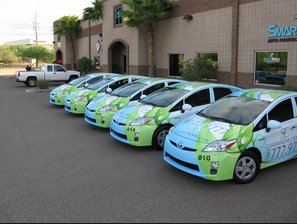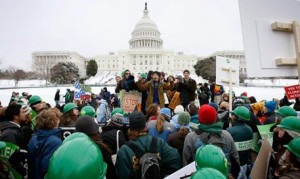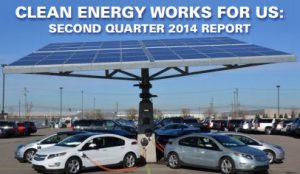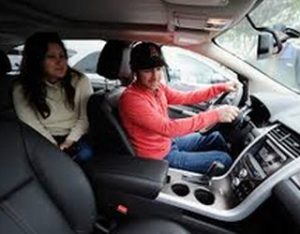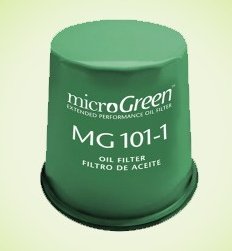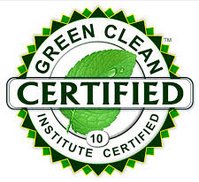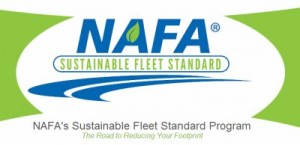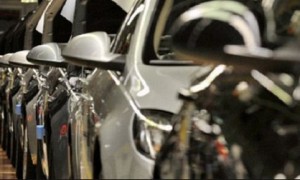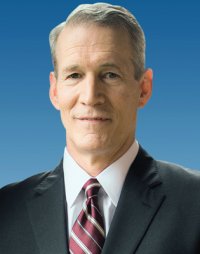Hydrogen seeing competitive fuel stations: French fuel company Air Liquide just released a new product in the US that can make hydrogen competitive with the average gasoline and diesel fuel station. Its high capacity of 1,000 kg 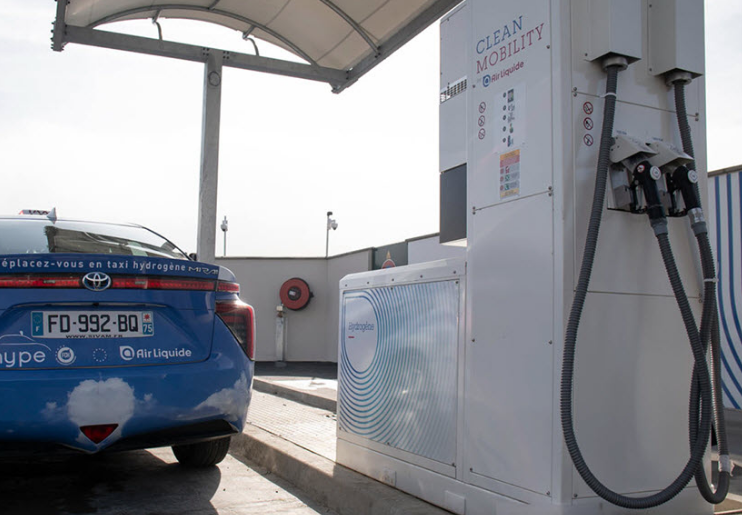 and dual filling positions are capable of fueling 250 vehicles per day. That will make it quite competitive with gas stations that can fuel up to 1,000 cars a day. A hydrogen station with four-to-six of these new pumps can be quite competitive with gas stations. Hydrogen stations in California are already going this route, thanks in part to the new capacity credit in the state’s Low Carbon Fuel Standard. First Element/True Zero now offers a 25 percent emissions reduction at its new Oakland station compared to the company’s other stations. Of hydrogen stations opening up in the near future, three will offer two fueling positions with a dispensing capacity of 800 kg, and many will offer three or four fueling positions at 1,200 kg stations, according to California Fuel Cell Partnership. Hydrogen is continuing its trajectory as a commercially viable clean fuel — meeting stringent zero emission vehicle and LCFS in California and other states, and finding growth in Japan, South Korea, and European fueling stations.
and dual filling positions are capable of fueling 250 vehicles per day. That will make it quite competitive with gas stations that can fuel up to 1,000 cars a day. A hydrogen station with four-to-six of these new pumps can be quite competitive with gas stations. Hydrogen stations in California are already going this route, thanks in part to the new capacity credit in the state’s Low Carbon Fuel Standard. First Element/True Zero now offers a 25 percent emissions reduction at its new Oakland station compared to the company’s other stations. Of hydrogen stations opening up in the near future, three will offer two fueling positions with a dispensing capacity of 800 kg, and many will offer three or four fueling positions at 1,200 kg stations, according to California Fuel Cell Partnership. Hydrogen is continuing its trajectory as a commercially viable clean fuel — meeting stringent zero emission vehicle and LCFS in California and other states, and finding growth in Japan, South Korea, and European fueling stations.
Need some consulting and research support? For those of you interested in finding consulting and research support services, see my LinkedIn page for details on my offerings. Stakeholders in clean transportation, fuels and energy, advanced vehicle technologies, sustainability, and market intelligence, are looking forward to the chaos coming from COVID-19 and social upheaval in many of our cities starting to stabilize. They’re beginning to see signs of a the “new normal” emerging, meaning that consulting and research projects for clients in corporations, government agencies, universities, and the like, are starting to show signs of coming back. I’m putting out the word on my availability to provide services to support your team getting back on track — from a work history and skillset in editorial, market research, and business analysis and consulting.
SpaceX breakthrough and Musk’s reputation: While rioting and the Minneapolis incident that caused it, and the toll of Covid-19, have been depressing, there was one bright spot over the weekend. On Saturday, SpaceX became the first private company to send humans into space. A day later, the two NASA astronauts, Robert Behnken and Douglas Hurley, docked at the International Space Station on board SpaceX’s Dragon capsule. Good news for the company’s CEO, Elon Musk, who also runs Tesla — and can be the center of criticism coming from his fiery personality and management tactics. On the other hand, both companies can benefit from Musk’s presence — such as Tesla seeing its stock price go back up after SpaceX’s success. “Elon Musk is every bit as identified with the creation and ambition of SpaceX as he is with Tesla,” wrote Adam Jonas, an automotive analyst for Morgan Stanley, after the launch. “As such, we believe the success of SpaceX in achieving some of the most sophisticated challenges in science has a direct bearing on public, investor and government perception of his ability to lead and execute.”
Then there’s the dark side. ”Musk is very much more directly involved in the day-to-day management of the company than he is at SpaceX,” said Sam Abuelsamid, an auto analyst for consultancy Guidehouse LLP. “And I think that shows in the execution, which tends to be shoddy and half-assed.”
Nikola gets the backing it needs: VectoIQ Acquisition announced yesterday that its much-anticipated merger with hydrogen-powered heavy-duty truck maker Nikola Motor has closed, a day after its shareholders voted to approve the transaction. The deal provides Nikola with more than $700 million in new cash, much of it from a related “PIPE” (private investment in public equity) transaction where investors bought shares of the combined company at a discounted price. One part of Nikola’s appeal has has been offering buyers their choice of big rigs powered by a proprietary high-energy-density battery or a hydrogen fuel cell. Nikola reports that it has over 14,000 pre-order reservations for the trucks, representing more than $10 billion in potential sales.
Subaru takes sustainability award: Subaru of America, along with the National Parks Conservation Association (NPCA), announced they have been awarded the 2020 Silver Halo Award in the ‘Best Sustainability Initiative’ category by Engage for Good. The automaker and NPCA were recognized for the Don’t Feed the Landfills initiative, an environmentally focused campaign aimed at preserving national parks. Since 2015, Subaru of America has worked with NPCA and the National Park Foundation (NPF) toward a shared goal of reducing landfill waste in America’s national parks. That’s led to achievements such as the pilot parks nearly doubling their recycling and composting capabilities, keeping more than 16 million pounds of waste out of landfills, which is equivalent to the weight of 40,000 grizzly bears.
Sprinter van 25 year anniversary: The Mercedes-Benz Sprinter commercial van is celebrating its 25 year anniversary. The van built in Germany made its way to the US in 2001 offering a state-of-the art van built for cargo movement in increasingly congested urban markets. As part of the 1998 merger with Daimler, Chrysler began offering the Dodge Sprinter. In 2014, that platform changes with the Ram ProMaster coming from Chrysler and Daimler keeping the Mercedes-Benz Sprinter alive and well in the US and other markets. Today, both manufacturers serve commercial clients like Amazon in its 30,000 unit delivery van fleet. That will be changing in the near future when Amazon adds 100,000 Rivian electric vans.

